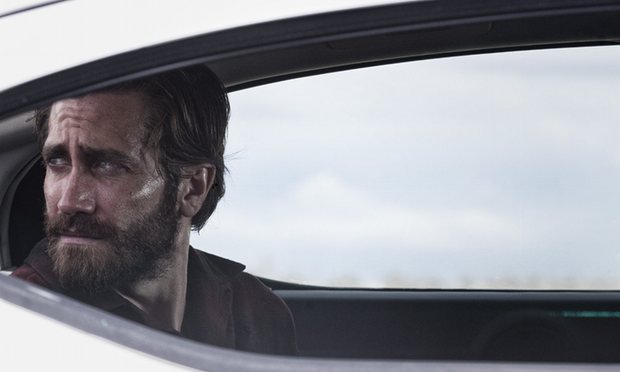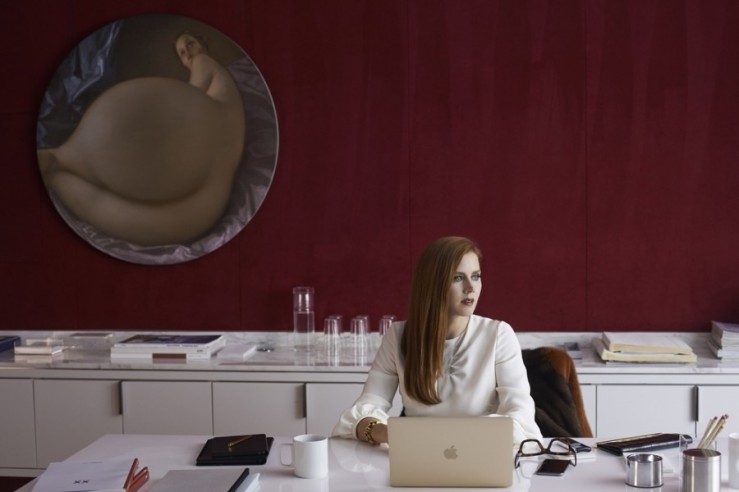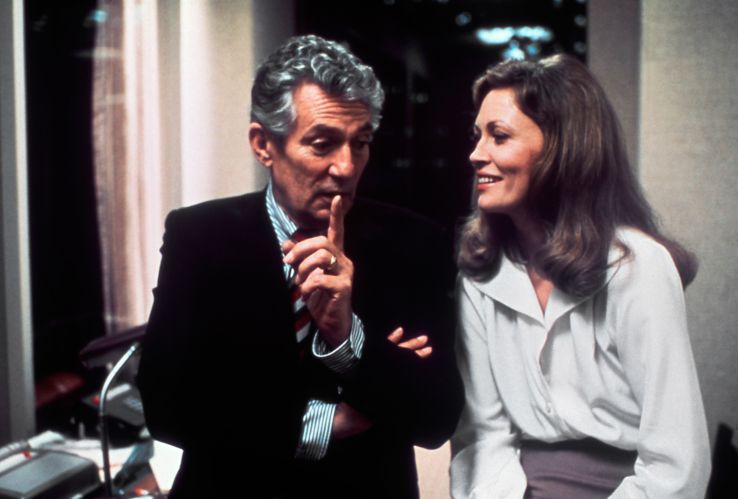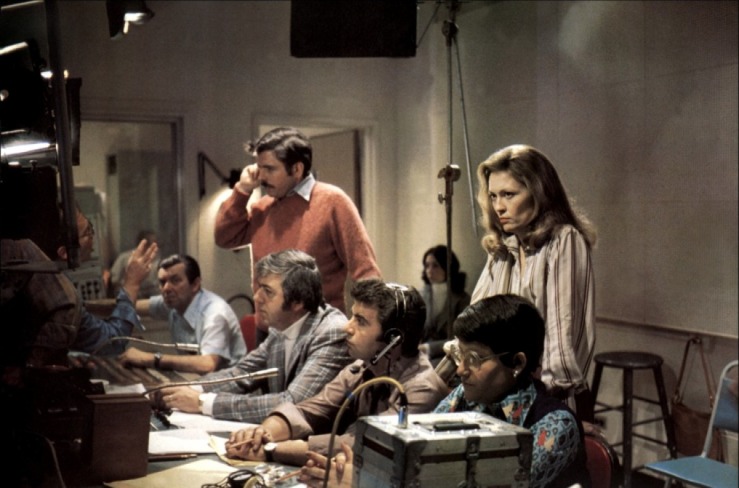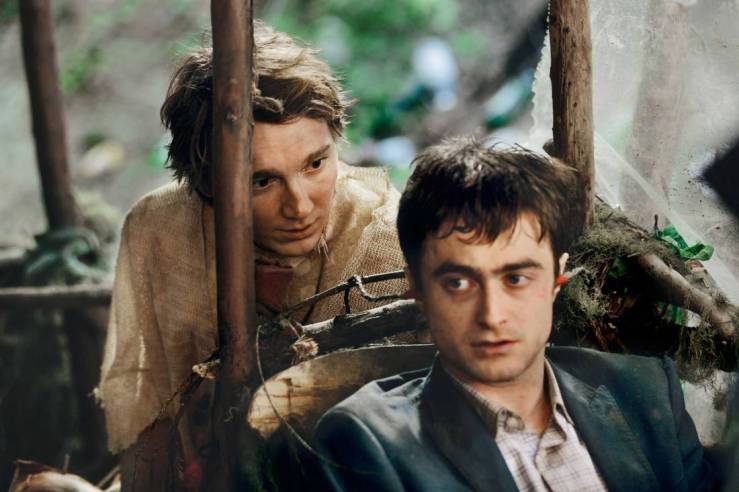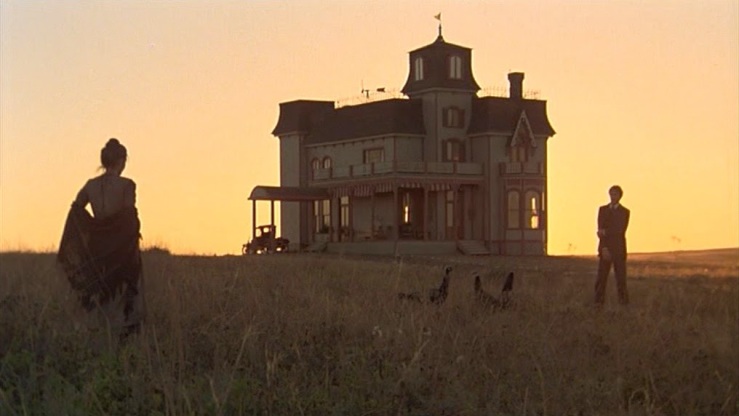
When viewing the earlier work of any director, it is often interesting to note the creative hallmarks and tendencies manifested within their films which later went on to define their directorial style. Terence Malick is no exception to this, with earlier works like 1974’s Badlands and the subject of this very review, Days of Heaven exemplifying the grandiose themes and characteristic handheld filming style which are such a staple of his best known works, Tree of Life and The Thin Red Line, on a smaller, less heady scale.
His 1978 romance drama Days of Heaven is an exercise in sheer visual poetry. It follows a fresh-faced Richard Gere as Bill, a labourer on a farm in the pre-WWI Texas Panhandle. He convinces his lover Abby (Brooke Adams), with whom he pretends to be siblings to avoid gossip, to marry the wealthy, but dying, farmer (Sam Shepard), who owns the land on which they work. This is following the farmer’s realisation of having fallen in love with Abby, after which he invites her and her ‘siblings’ to stay on at the farm despite their placement coming to an end, and thus she decides to marry him in order to eventually benefit from his estate. It’s impossible to ignore the strikingly spiritual lens through which Malick paints the tale of Bill and Abby, and the love triangle they find themselves in. Every scene is drenched in soft, dream-like pastel hues from the glorious sunsets which feature so heavily in the breathtaking Oscar-winning cinematography Néstor Almendros delivers. It’s no surprise that I keep stumbling upon article after article hailing it as one of the most beautiful films of all time.
It goes without saying that the sprawling setting is one of the film’s integral characters, particularly in the film’s climax, during which nature offers an angry and tempestuous commentary on the behaviour of our protagonists. We are certainly given a sense, as this film progresses, of the stoicism and imposing permanence of nature, in comparison to the temporality of fleeting emotions and the crossing of paths. Of course, this isn’t an idea scarcely explored in cinema, but there are few films which approach it with a feeling of such unnerving omnipresence.
Aside from the film’s incredible beauty and thematic brilliance, the pathos of the love triangle is handled excellently, with the voiceover of Bill’s teen sister, Linda, providing a thoughtful and omniscient commentary on proceedings. The predominantly handheld style adds to the surreal, heavenly quality the film possesses, cementing Malick as one of the most philosophical filmmakers of the 20th century. I was also particularly interested in the many angles Malick opts for which view the protagonists from behind or at a distance. In combination with the voiceover narration, this creates a voyeristic lens through which to view the characters, only further enhancing the sense of the immeasurable strength of nature which underpins the film.
Ennio Morricone’s sweeping score was simply incredible in accompanying the nuanced emotions at play and providing even more weight to the events of the narrative. Ultimately, it channels the idea of loss and loneliness that the film deals with and infuses the Texas landscape with even more visual allure. What makes the film so compelling is how obliquely it deals with the plight of the central characters, constantly placing them at a distance through the narration, which feels particularly retrospective at times. Its unmistakable beauty and interesting parallels drawn between love and nature make it one of Malick’s greatest achievements; a film to be revered for its detached, yet immersive narrative approach.




